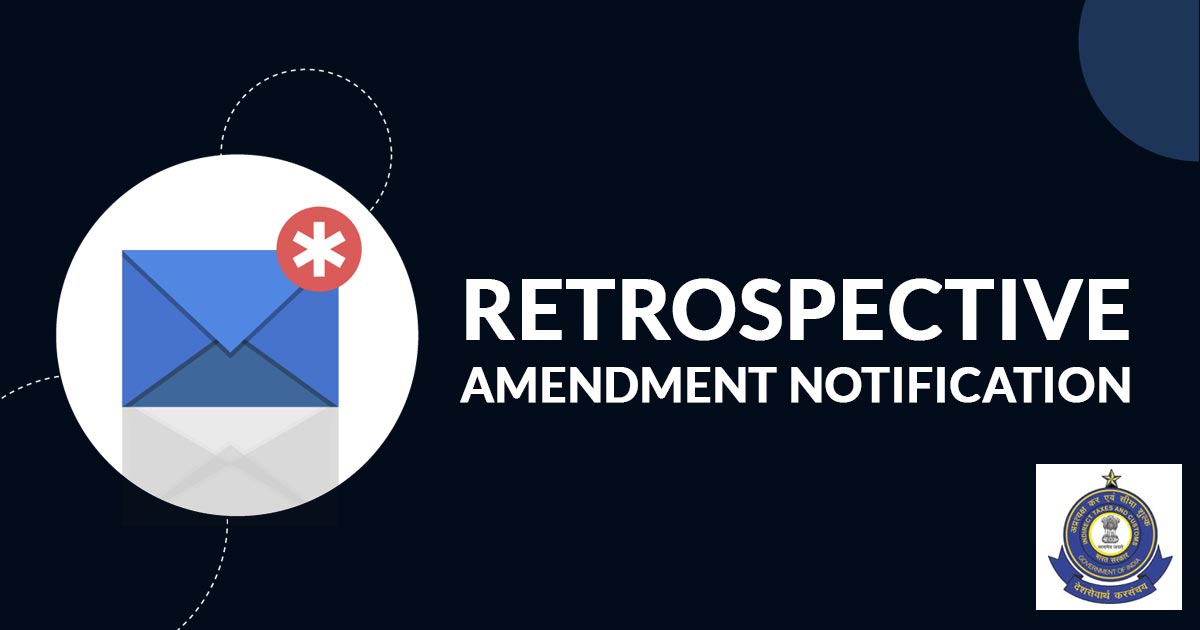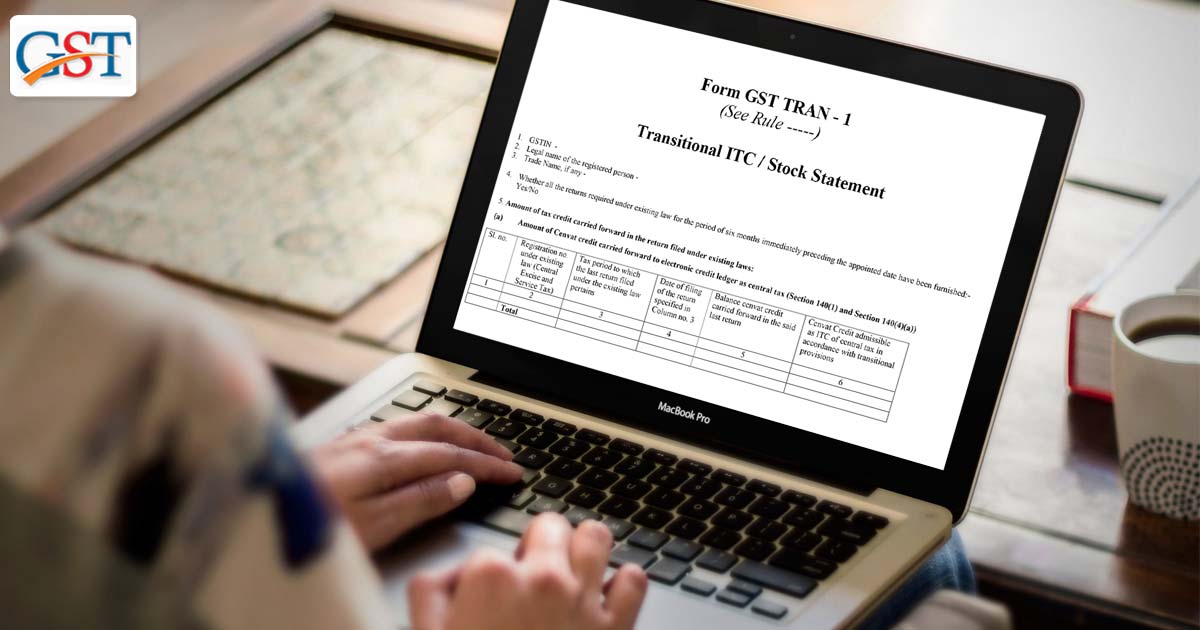
The Central Board of Indirect taxes and Customs (CBIC) has recently released a notification regarding the retrospective amendment in Section 140 of the CGST Act 2017. This amendment shall come into action retrospectively from 1st July 2017. With it, the ministry finds its way to buy itself in to clear all the pending input tax credit. The said amendment will affect Section 140 of the CGST Act and it will empower itself to prescribe a time duration for availing transitioning credit. Transitioning credit represents the credit from the pre-GST egime. The transitioning credit was merged into the GST as the input tax credit mechanism 
As per a notification released on Saturday states that “The Central Government hereby appoints the 18th day of May 2020, as the date on which the provisions of Section 128 of the Finance Act, 2020, shall come into force,”. The amendment will probably cause trouble for almost everyone except the petitioner of that ruling for claiming all transitional credit which was pending and the last date to claim it was June 30. The amendment also clarifies that ‘Power to prescribe a time duration is now emanating from Parliament’s law instead of the subordinate legislation’. The notification will impact a number of businesses and taxpayers except the petitioners.
In this matter Partner with AMRG, Rajat Mohan said that It can affect the Delhi High Court’s decision on Transitional Credits, which goes on taxpayers’ side. The Delhi high court through an order passed on May 5 said that the time limit of three years as per the Limitation Act was applicable to claim the benefit of transitional credit, with it taxpayers are allowed the claim CENVAT credit till June 30, this year.
Rajat Mohan said that “This ruling would have a far-reaching impact on the stressed revenue streams of the exchequer, however, now with the retrospective amendments, the tax authorities have tightened their grip around transitional credit,”. After the merging of transitioning credit into GST, some condition was imposed on it such as:
The credit can be claimed only if the returns from January to June 2017 were filed in the previous Tax structure And Form TRAN I need to be filed for carrying forwarding the credits by the 27th of December 2017. The date was further extended up to 31st March 2019. Additionally, the commissioners were also permitted to extend the due date till December 31, 2019, for the declaration through electronic mode in Form GST TRAN-1 
The court defined time limit for transitional credit as ‘directory’ and not ‘mandatory’, and further ruled that not just the petitioner but all the taxpayers can claim their pending transitional credit till June 30, 2020. Here, mandatory rules are must strictly comply short of rules whereas directory rules can be substantially complied.









